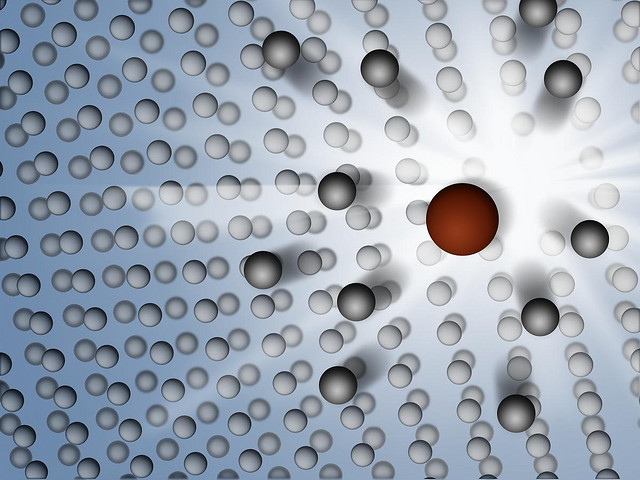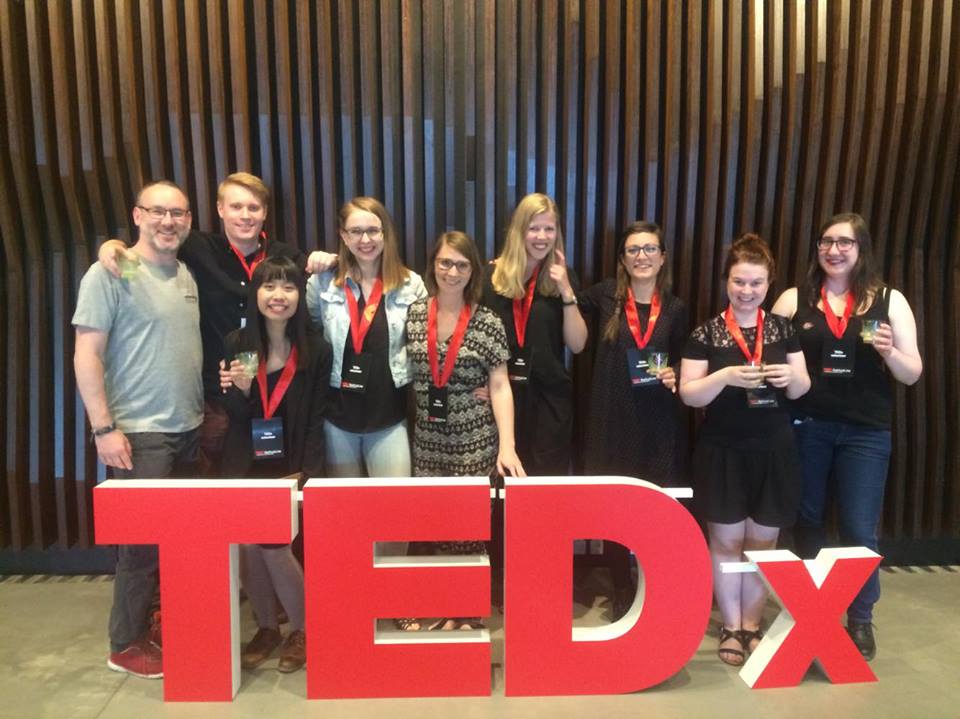This is the third edition of Indonesia Mengglobal Essay Clinic, our effort to provide tangible help for Indonesian applicants to US colleges. This essay clinic is not meant to showcase ‘the perfect essay’, but by analyzing other people’s essays (what works, what does not work, what’s good, what’s bad), we hope you can learn how to write an effective application essay and how to continuously improve your own essay. We also accept essay submissions. Click here to learn how to participate.
Author’s Note
This was one of the two personal statements that were submitted to the University of California transfer admission process. Three UCs accepted my application and offered me admissions. I began writing this statement one and half month before the application was due. I started by brainstorming for ideas and consulting to people on what is/isn’t appropriate to write. After writing the draft, I consulted to counselors and friends. Probably, the most prominent difficulty for me is trimming the 1200 words rough draft down to only around 650 words. The key to this essay was to use specific examples, start early, and discuss your essay with other people!
The Essay
Are you sure you want to deal with material science?” the guy asked. He looked young, professional, and smart. He introduced himself as an employee of a research and development department that develops the semiconductors used in various kitchen products. His job involved a lot of material processing during the preliminary and intermediate process of the research. In addition, being a process engineers requires him to have very detailed timing and weight precision in composing the material. Due to its complexity, people often discontinue pursuing the career. Although his story exposes me to the difficulty of material science, it reminded me of my grandfather who suffered because of cancer. Observing cancer slowly consumed my grandfather to his death yielded my motivation for research in medical field. The utilization of fullerenes as a cancer’s medicine was my life-long motivation to pursue the field of material science.
My high school field trip to Singapore at my sophomore year was my first encounter with material science. Our group went to top local universities, where we were introduced to various fields that were offered in different institutions. The most compelling demonstration was an experiment about ice. At first, the professor asked me to come up to the podium and wear protective glasses. While I made my way there, the professor selected two different ice: one of them was huge block of ice and the other was a similar slab, except it was incorporated with layers of tissues. Although they were similar, when the pure ice hammered, it shattered. On the contrary, the other slab survived several hits unscathed. After the experiment, the professor explained the tissue distributed the applied force so that the slab of ice could withstand more pressure. In comparison, iron acts similarly to the slab of ice. Steel is dominantly composed of iron; yet, it is harder than pure iron. This was because the small composition material (usually carbon) in steel restrained the iron atoms from sliding, thus decapitating the structure. Before, I didn’t understand how this experiment relates to steel, but now it’s fascinating to know that such a simple experiment can relate to steel. Thus, it’s important for me to master the subject material science, because the knowledge can be utilized on the cancer’s therapy research.
My passion in various natural science subjects, such as physics and chemistry, further strengthened my choice to become a material scientist. My first working experience as a physics tutor in Learning Assistance Center at City College of San Francisco, for example, was particularly fascinating and challenging. At my first session, a tutee asked me to solve a very complex physics problem. Although I slowly explained the necessary concepts affiliated with the problem, the student maintained his confused expression. At the brink of giving up, I, then, let another tutor helped the student. That first session reminded me that I had a lot to learn about how to be a good tutor. Observing other tutors’ tutoring style and asking for my senior tutors’ feedback allowed me to continually improve my tutoring sessions. Some of their directions were: locating key words in the problem, analyzing and concluding before and after solving the problem, and keeping the tutee involved while solving the problem. Most importantly, I should try to encourage tutees to analyze and solve the problems by themselves. Conversations with my seniors made me realized that these techniques are also widely applicable to scientific research. Generally, engineers utilize this method to resolve problems or to construct researches. My trial-and-error tutoring experiences, hence, has indirectly prepared me for the challenges of my future job. For this reason, tutoring can train me to incorporate the engineering problem-solving method for my future job.
Since I am interested in physics and chemistry, I want to use this knowledge for my research later about cancer’s therapy. Therefore, transferring can help me to gain the skills and experiences needed as a material scientist to assist me on my research.
Feedback from Alicia Kosasih
What I like about this essay:
The essay kicks off with a nice, just-right interrogative sentence that portrays a classic question on going to college and deciding your major. There is an impression of honesty as I went through the lines. The author succeeds to find a balance between displaying his/her academic achievement and combining it with a subtle story of personal background. The author manages to be his/herself; while also briefly elaborates his/her stages in life. It is clear that we see the author grow and learn from his/her past experiences. Through essays, every single applicant is a unique individual, which grades cannot do a great job on representing these qualities on a person. This essay portrays the humane side of the author, making people who read it will not feel like reading an college application essay, but more to reading through a non-fictional biography work.
Moreover, this essay clearly shows depth of academic knowledge and strong interest in Material Science. It displays intelligence without trying too hard – without, for example, making some over-the-top sentences. His/her arguments are well developed, delivered, and readers will find an easy time conveying the message.
This essay could have been made better if:
There are some parts in this essay that seems like a bit rushed during writing process. The author moves a little bit too fast as he/she goes through stages of his life. It might not be necessary to elaborate this many stages of his/her life, since being concise is a big consideration factor in US colleges. It might be a good idea to just focus on one most life-changing events in life and dig more details on it.
In short, an effective essay should be concise, coherent, honest, individual, and vivid. This essay definitely fulfills all expectations to an extent, although some improvements can always be made. Overall, this is a well-composed work that can serve as an example for anyone who is currently and will write a personal statement.
Feedback from Marsha Sugana
What I like about this essay:
I think two of the most important aspects of answering essay questions that pertain to a specific academic program are the ability to show the author’s passion and qualification for the program. The author did an excellent job of achieving these through relating his/her past experiences (such as being a tutor, conversing with senior engineers, attending a field trip) into why he/she wants to major in Material Science and why he/she is qualified. I think it’s necessary to elaborate one of your extracurricular activities, work experience, or any significant accomplishments into your essay as a way to emphasize your qualifications. The author did a great job of incorporating these.
Another highly important aspect of an application essay (or any essay, really) is its logical structure. The structure of this essay is very strong –it starts off with a paragraph on how the author became interested in engineering, followed by how their past experience makes them qualified to study this particular major, and then ended by how the school’s academic program could help the author achieve their goals. Each paragraph has their purpose that together show the author’s passion and qualification to major in Material Science.
This essay could have been better if:
The author mentioned how he/she had to cut off 1200 words into 650. While I am aware that the author finds it necessary to describe his/her field trip to Singapore and the steel experiment in detail, I personally believe that when there is a strict word limit, one should utilize the available space to write more about his/herself instead of an event. An admissions officer in the engineering department does not need to know in detail about the steel experiment, but they should learn as much as they can about the author and why he/she should be admitted. I think the second paragraph could have been shortened so that the author could express other facts about him/herself that could be more interesting to the admissions officer. The next paragraph, however, does the job very well and makes up for this 🙂










